John Henderson shares his experience visiting Beirut. Lebanon’s capital city is making a huge comeback 30 years after its civil war ended.
Table of Contents
Beirut Travel
The spotless tile boardwalk sparkled in the setting sun as the sea lapped languidly against the rocks below.
Joggers ran by. Women in burqas posed for selfies. Candy apple red sports cars cruised up the road.
Across the street, modern high-rise apartment houses stood high above the cobalt blue Mediterranean Sea, affording views that justified the sky-high rent.
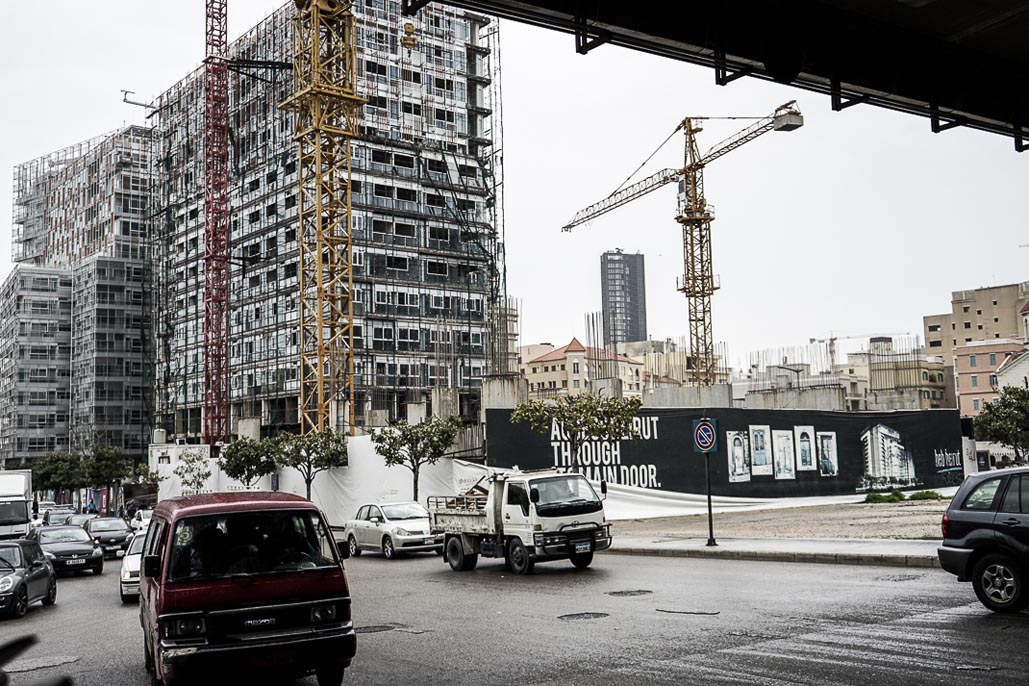
The scene harkened back to memories of Beirut in the mid-20th century, back when jetsetters referred to it as the “Paris of the Middle East.”
Life was rich and harmonious in one of the most mixed cultures in the Arab world. But when I looked past the new high rises, I saw others just as tall.
Instead of balconies with million-dollar views, these buildings had blown-out windows and crumbling concrete.
Beirut’s Civil War
Bullet holes pockmarked the grim skeletal remains.
Part of Beirut’s skyline has become an outdoor museum of daily reminders of a 15-year civil war nearly 30 years after it ended.
Beirut’s famous Corniche seafront looks like Miami Beach with Aleppo as a backdrop.
I came to Beirut for three reasons.
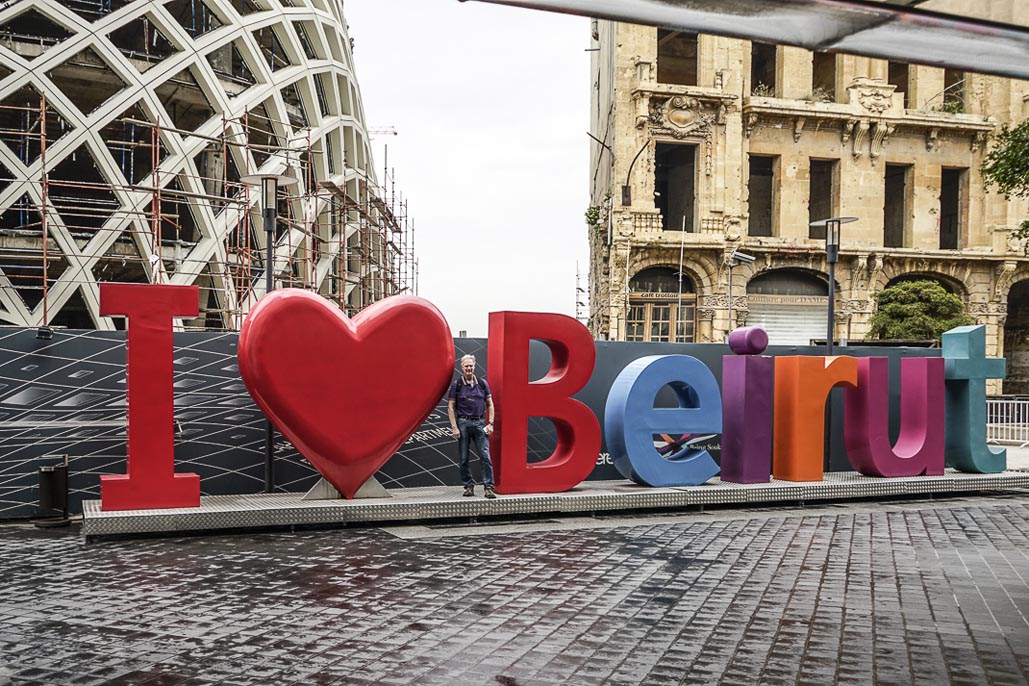
- One, to celebrate my birthday with an Italian girlfriend who’d always wanted to visit.
- Marina and I had heard Beirut has made a great comeback.
- Very friendly Lebanese we’d met in the past wowed us with stories of great restaurants and a relaxed atmosphere, of free-flowing alcohol and peaceful streets.
“ISIS doesn’t come to Beirut,” they said.
“Refugees, yes. – ISIS no.”
It’s true. Beirut has made a comeback.
Last year Beirut welcomed 1.96 million visitors, the fifth straight year of increase after the civil war in neighboring Syria cut Beirut’s tourism nearly in half.
Beirut Today
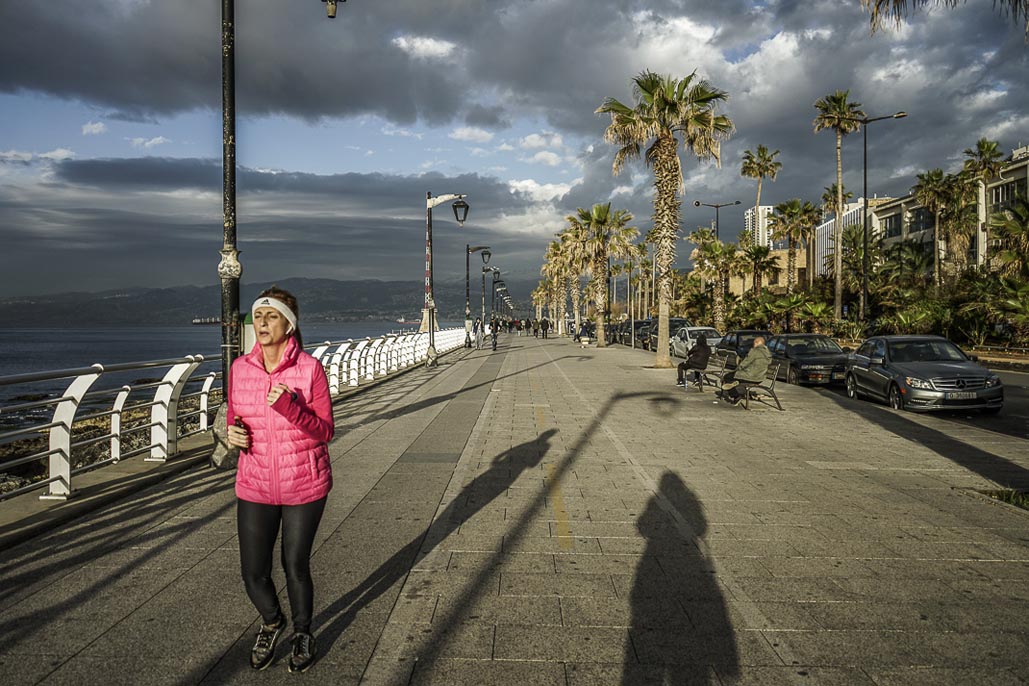
Today Beirut is filled with snapshots of a modern, seaside society beckoning adventurous visitors: Nightclubs pulsating until dawn.
Women in leather pants and stilettos. Locals sipping fine Lebanese wine at outdoor cafes. Couples dining in affordable romantic restaurants.
Marina and I are smoking green apple-flavored nargile, the Lebanese version of the hookah, in restaurants overlooking the sea.
Funny, this is the city Marina’s father offered to pay her not to visit.
Is Beirut Safe to Visit?
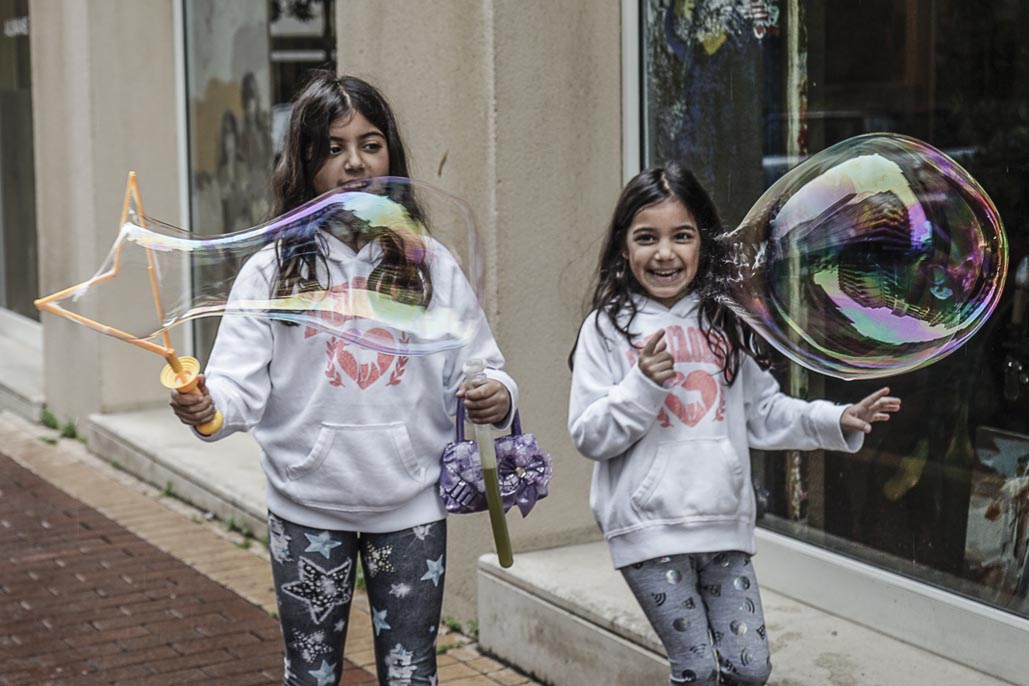
“I hear this all the time: Outside Beirut, people think it’s a scary place,” said Chris Koudouzian, 24, a Beirut native and waiter at Badguer in the Armenian neighborhood of Bourj Hammoud.
“It’s not like all the Arabian countries. You come here to relax. Lebanon is a peaceful country now.
Are we surrounded by war? Yes. But it hasn’t affected Lebanon yet.”
Problems in Lebanon
Problems in Beirut do remain.
Lebanon’s population of 6 million includes 1.5 million Syrian refugees, 80 percent of whom have no legal status.
Lebanon’s $80 billion debt is the largest in the world behind Greece and Japan.
During our late March visit, the head of the World Bank Middle East said the Lebanese economy “is defying gravity” and he won’t give another penny until the country straightens out its electricity problem.
As I read this over my hotel breakfast buffet, the lights went out.
A bigger problem for us is Beirut’s public transportation is among the worst in the world.
Getting Around Beirut
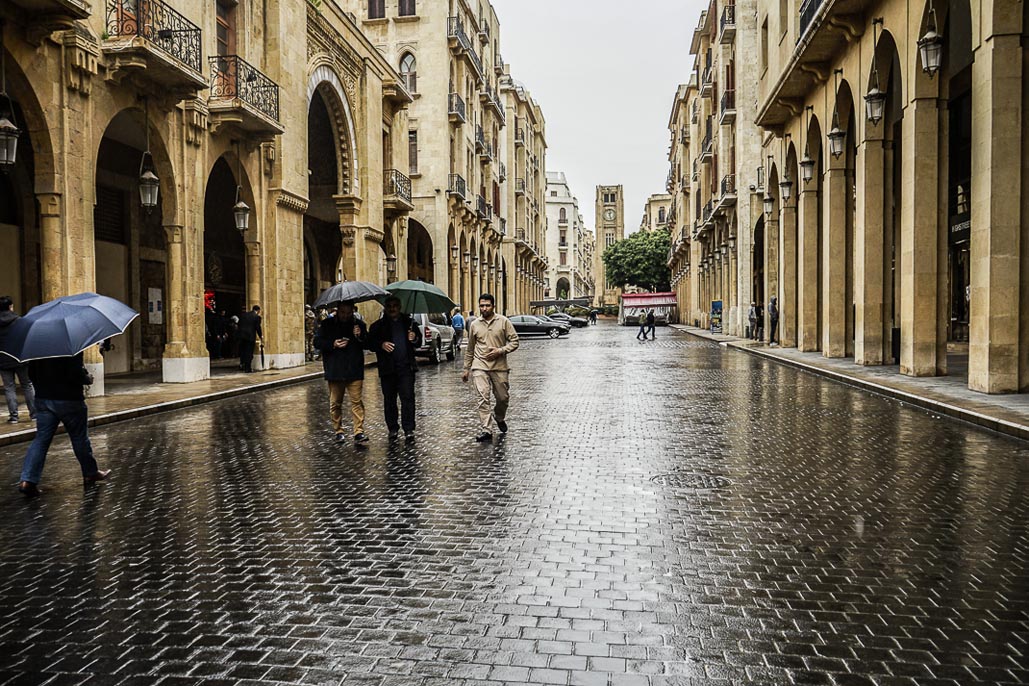
It’s compounded by random street signs and building numbers. Formal addresses weren’t given until after independence in 1943 and remain fairly invisible.
Cab drivers know only major points of interest and drop you off in a neighborhood for you to fend on your own.
GPS is highly advisable.
Buses are small, old and only occasional.
Explore Beirut – The Walkable City
Fortunately, Beirut is a very walkable city.
Even during a weekend of steady rain, we found interesting stories around every corner.
The 15-minute walk from our hotel on the Corniche to downtown could’ve been Milan.
In the area called the Beirut Souks, we passed Versace, Giorgio Armani, Jimmy Choo and Louis Vuitton.
The difference is Milan shows no signs of the rubble left from World War II.
The Beirut Egg
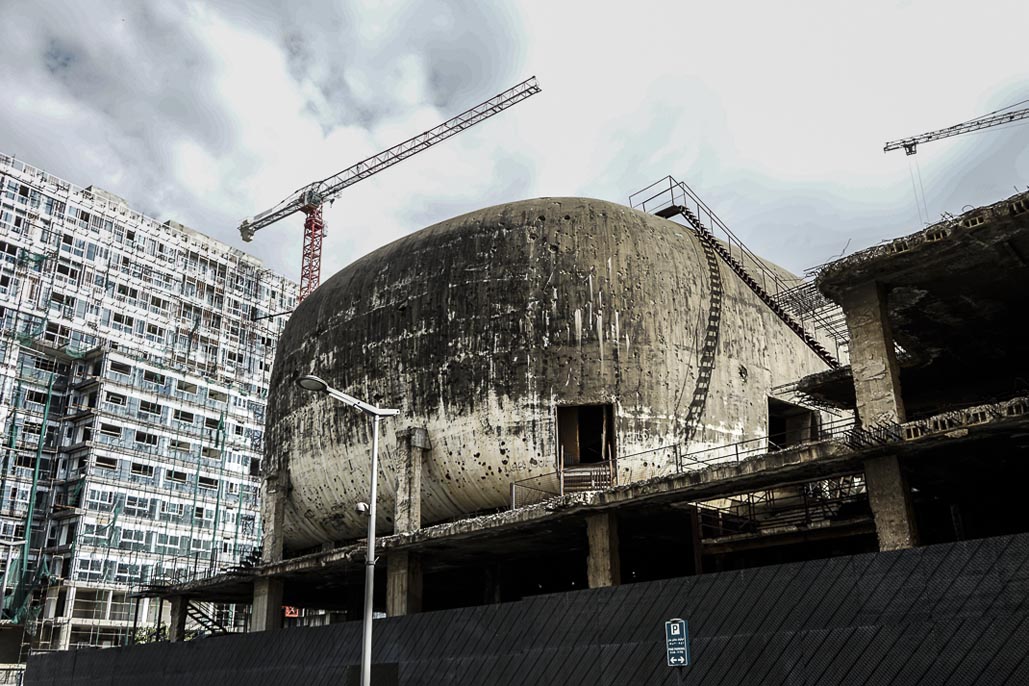
In the middle of downtown Beirut is The Egg, a huge concrete oval built in the 1960s as a proposed cinema but now is a charred, broken shell from years of civil war bombardment.
New Beirut City
A few blocks past The Egg, however, we were in the new Beirut.
We sat outside the Backburner, a small, hip coffee shop where young adults sipped cappuccinos over their laptops with soft music in the background.
This is the heart of Saifi Village, a post-civil war neighborhood filled with modern apartment houses, stylish offices, and small shops.
A native Beiruti with two young children playing on the sidewalk told us a one-bedroom apartment across the street sells for $600,000-$700,000. That might explain why the cappuccino cost $5.60.
Mohammad al Amin Mosque
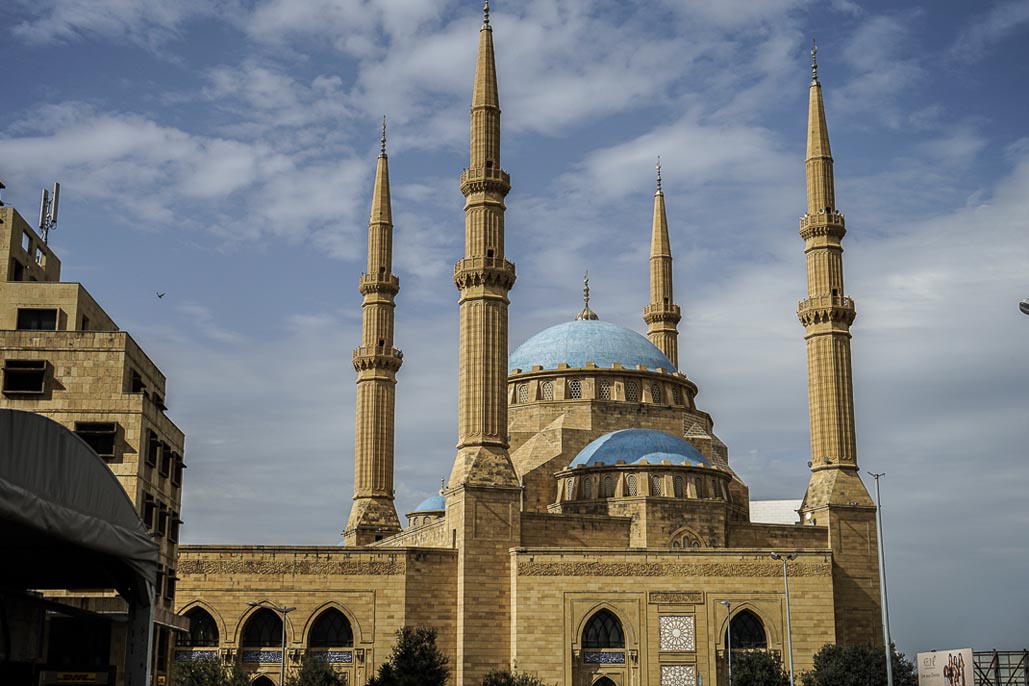
Just two blocks away, Beirut’s landmark puts the city back into focus.
Mohammad al-Amin Mosque, the largest mosque in Lebanon, is a Saudi stone architectural wonder with four minarets and sky blue domes.
Unlike most mosques in the Middle East, this is post-war, a project-driven in the 1990s by since-assassinated prime minister Rafik Hariri.
Outside, five soldiers with AK-47s stood guard. Inside, only a smattering of worshippers braved the rain to pray.
Sans shoes, I stood on a beautiful, expansive red, blue and yellow Persian carpet and stared up at the largest chandelier I’ve ever seen. 13 layers of crystal weighing six tons hovering over 16 men kneeling in front of a cleric in a white hat.
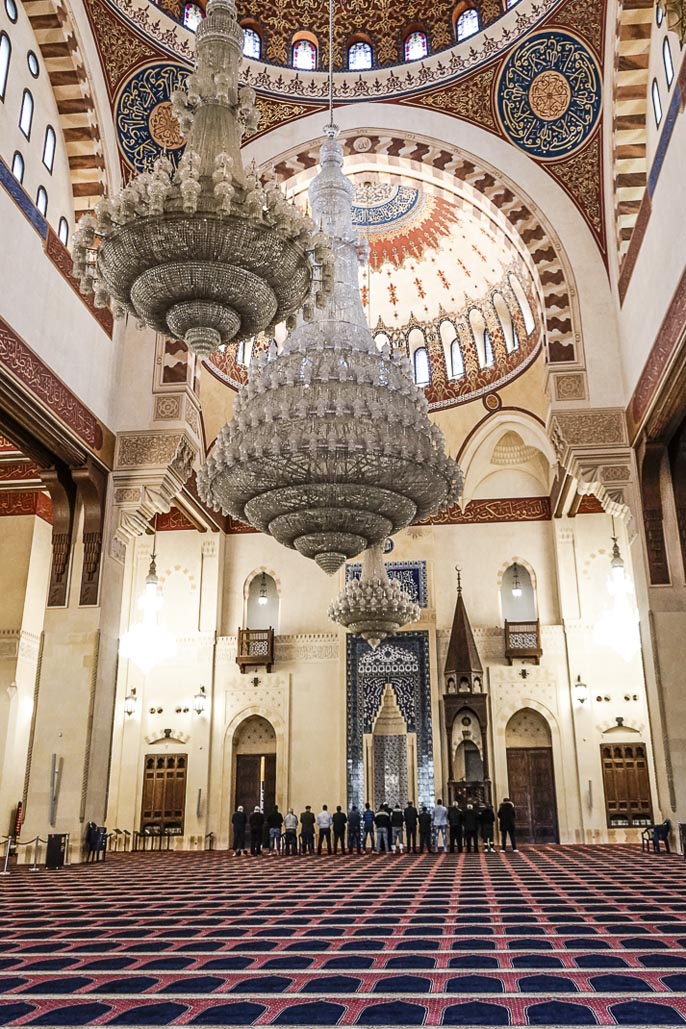
As we exited, we noticed next-door St. George Greek Orthodox Cathedral, a testament to Beirut’s current peaceful co-existence.
It’s a stark contrast to the brutal symbol across the street from the mosque in Nejmeh Square.
Martyrs’ Statue features two men, one holding a flame, and the other missing an arm and both covered in bullet holes.
Lively Beirut
Yet Beirut has a festive air about it.
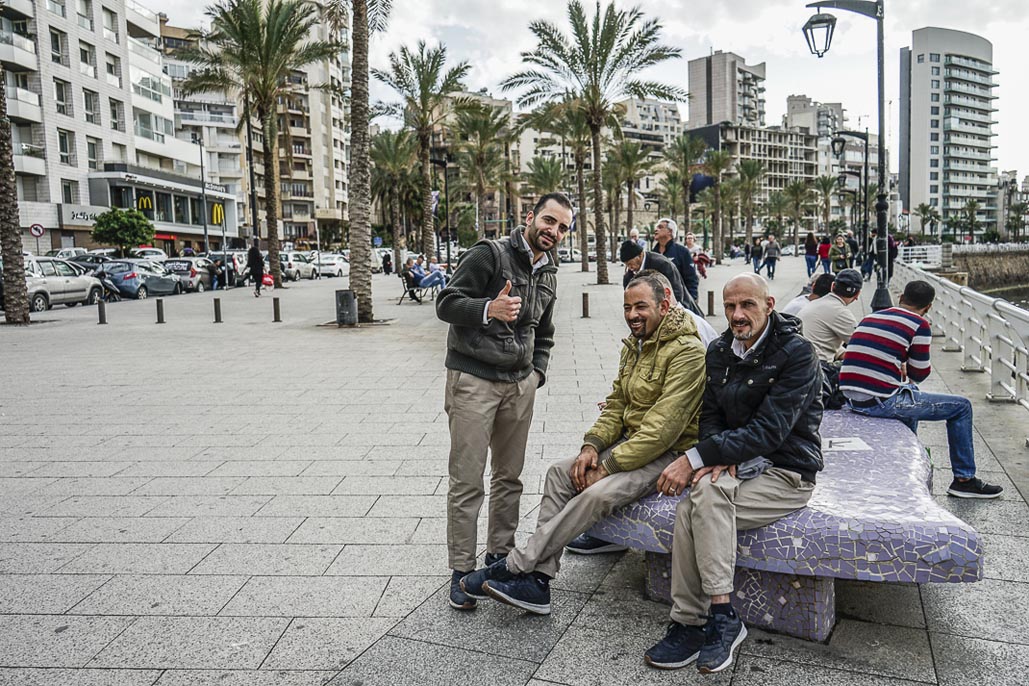
They shop in chic boutiques during the day and laugh in a plethora of bars and clubs all over the city. It’s like the war ended and the corks haven’t stopped popping.
Nightlife ranges from the hoity-toity Karantina club to neighborhood dives such as Li Beirut, a dark, small, narrow bar with Lebanese love songs on the loudspeaker and photos of Lebanese musicians on the wall.
It’s here where Marina and I met our friend. Dallin Van Leuven, 33, is a Roberts, Idaho, native who worked in Beirut from 2016-18 as a peace and conflict researcher for an international nonprofit.
Now living in Rome, he was back in Beirut giving a lecture. Over tall glasses of iced arak, Lebanon’s licorice-flavored liqueur, he shattered the stereotype of a typical Westerner.
Beirut and Alcohol
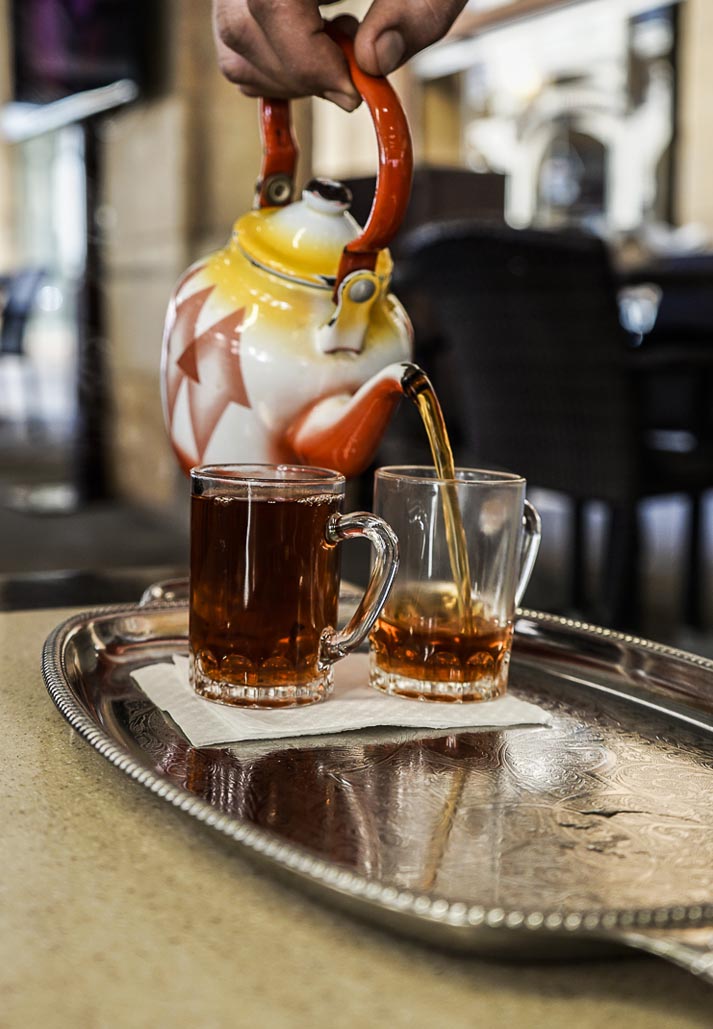
“Beirut, not to say the rest of Lebanon, is the most alcoholic place I’ve ever been,” he said. “You can have a beer in your hand and jump in a taxi. And sometimes the taxi driver’s drinking, too.”
While Van Leuven added that he has never done that himself, nor is it legal, he never had a problem with crime or the Lebanese.
“Beirut, like most places in the Middle East, is much safer than most American cities,” he said. “Lebanese people love Americans.
The New Generation in Beirut
They have issues with American foreign policy, for sure, but they can disengage our politics from our people. In fact, lots of Lebanese have family in the U.S.”
Soon joining us came his friend, Charbel Abou Halloun, 22, who hails from the northern Lebanon city of Akkar.
He has lived in Beirut 15 years. A civil engineer, Halloun represents the new Beirut, like young Russians and Poles who don’t remember life under communism.
“The new generation learned from our fathers that, for example, this religion is this and this religion is that,” he said in perfect English. “So we have stereotypes.
We know our history. We have to live together so you forget everything and you live new.
“It’s our parents who had to go through the war, not us.”
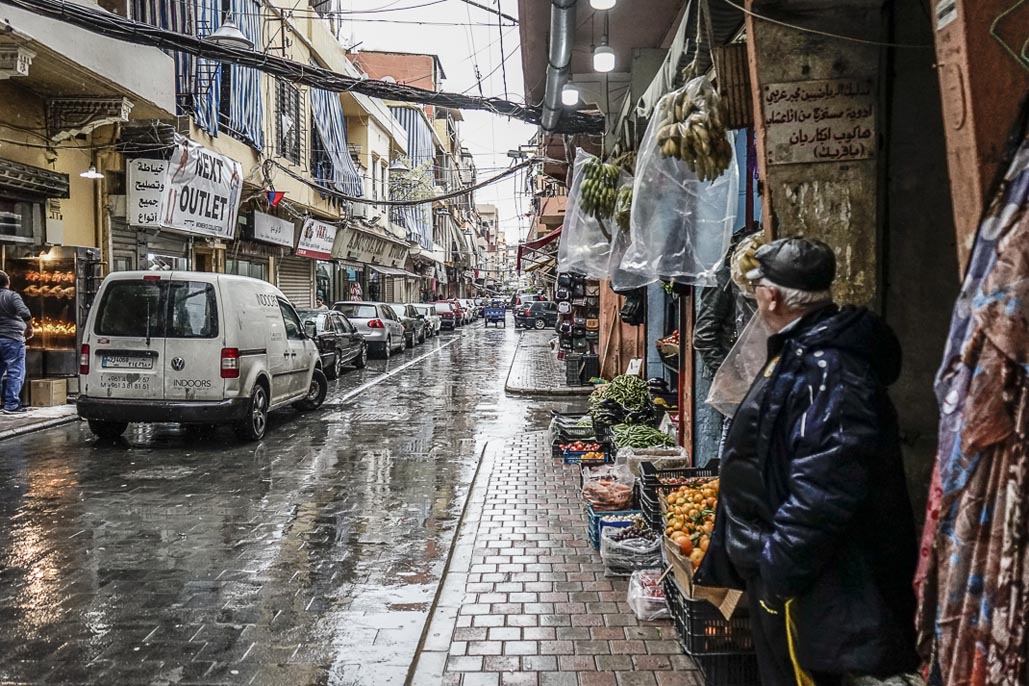
While they’re still learning to live with the steady wave of refugees, another group of immigrants has been around for 100 years.
Armenians in Beirut
Armenians poured into Lebanon after the Turkish genocide in 1915-16 and today their Bourj Hammoud is one of the most scenic neighborhoods in the city.
Spice shops and haberdashers fight for space on narrow streets with open-air bakeries and jewelry stores. A blackberry bush of electrical wires hangs over small intersections barely wide enough for two cars.
Lebanese Food
Badguer was the highlight of a spectacular gastronomical weekend in Beirut.
Lebanese food is the star of Middle East cuisine. Sizzling lamb kabobs. Creamy hummus. Carrot sticks in lemon, cumin and salt.
At Liza, an elegant, candle-lit romantic palace in the upper floor of an Ottoman house, my birthday dinner consisted of halloum (pan-fried halloumi cheese with tomato jam and sesame seeds) and chiche taouk, (marinated chicken in thyme and garlic).
Badguer, which doubles as an Armenian cultural center, heads Beirut’s popular Armenian genre. I had for the first time “fish net kebob,” meatballs in tangy wild cherry sauce and topped with chopped-up fried bread.
Paris of the Middle East? Maybe not quite. But the new Beirut is good enough.
Pin to Save to Pinterest
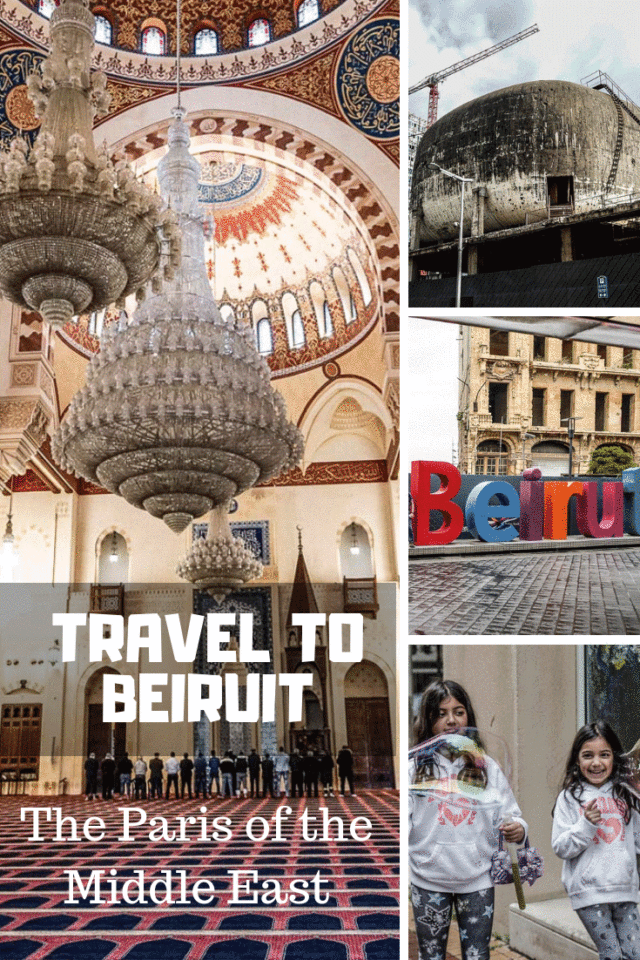
Author Bio:
John Henderson is a freelance writer in Rome. Follow his travel blog, Dog-Eared Passport, at www.johnhendersontravel.com and on Twitter at @johnhenderome. Photography by: Marina Pascucci

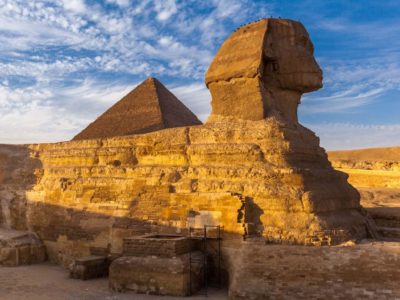
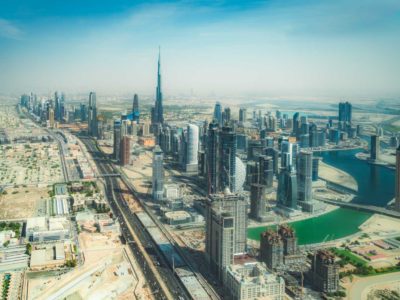
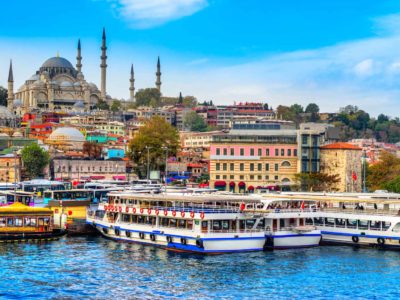
Beirut is very beautiful, is a walking city, I want to explore this place in 2019!
This article was very useful and interesting. It looks like it’s a great place to visit!
Thank you for this lovely article about my country Lebanon, next time you visit you should go up and see Byblos and other areas on the mountain tops. Respect to you Mr. Henderson
Beirut is literally such a beautiful place. Wish one day I can go there. Thanks for sharing!
Awesome Place and looks like informative content for traveller and guide.
Looks like a very beautiful place to visit. How far is that from the U.S.? 🙂
Beautiful Beirut thank you for sharing:)